Home>Articles>Does Rv Water Pump Need To Be On When Connected To City Water
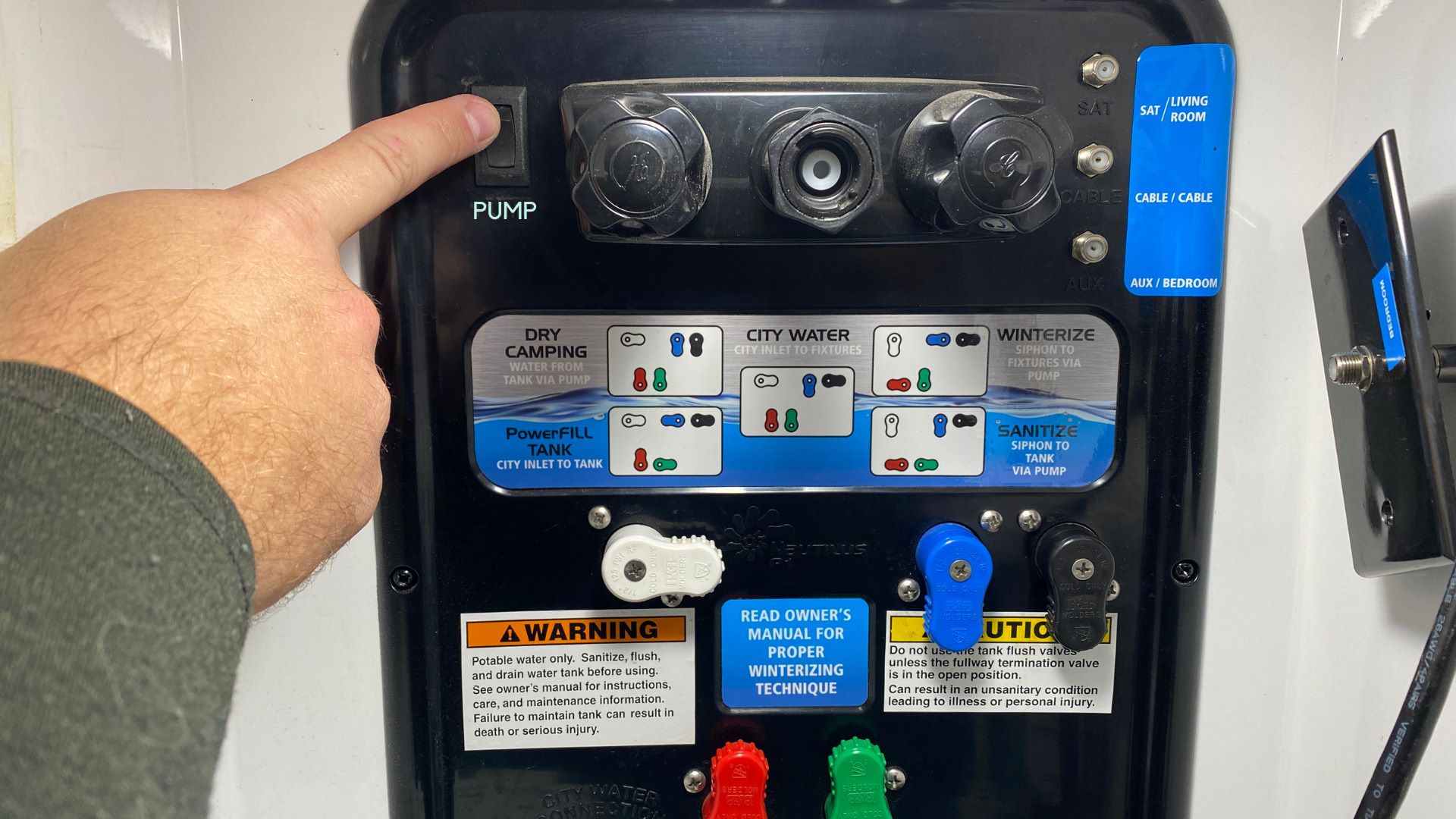

Articles
Does Rv Water Pump Need To Be On When Connected To City Water
Modified: October 18, 2024
Discover the importance of turning off your RV water pump when connected to city water in this insightful article. Learn more about RV water systems and maintenance tips.
(Many of the links in this article redirect to a specific reviewed product. Your purchase of these products through affiliate links helps to generate commission for Storables.com, at no extra cost. Learn more)
Introduction
When it comes to RV camping, ensuring a reliable and efficient water supply is crucial for a comfortable experience on the road. RV water systems have two primary water sources: the onboard water tank, which is powered by an RV water pump, and the external city water connection.
In this article, we will explore the topic of whether the RV water pump needs to be turned on when connected to city water. We will discuss the functionality of the RV water pump, the purpose of the city water connection in RVs, and the implications of using the water pump while connected to the city water source.
Understanding the role and function of the RV water pump and the city water connection will help us make informed decisions about when and how to use these components effectively.
So, let’s dive in and explore the world of RV water systems!
Key Takeaways:
- When connected to city water, the RV water pump can be left off as the external supply provides sufficient pressure. However, turning it on can serve as a backup or enhance water pressure for specific needs.
- Balancing convenience, resource conservation, and system efficiency is crucial when deciding whether to use the RV water pump when connected to city water. Consider power consumption, water pressure regulation, and pump wear for an informed decision.
Understanding the Role of RV Water Pump
The RV water pump plays a vital role in the water system of your RV. Its primary function is to draw water from the onboard water tank and distribute it throughout the RV whenever needed. Whether you’re using the bathroom, kitchen sink, or shower, the water pump ensures a constant flow of water to these fixtures.
The water pump is typically located near the water tank, often in a compartment or under a bed. It is powered by the RV’s electrical system or, in some cases, by a dedicated battery. When you turn on a faucet or flush a toilet in your RV, it triggers a pressure drop in the water system, which signals the water pump to activate and deliver water to the fixture.
The water pump consists of a motor and an impeller. The motor creates the necessary pressure to push the water through the system, while the impeller helps to boost the flow and maintain a steady water pressure. The pump also has built-in safety features to prevent damage in case of low water levels or excessive pressure.
Overall, the RV water pump acts as the heart of the water system, ensuring that you have a reliable water supply whenever you’re off-grid or away from a city water source.
Now that we understand the role of the RV water pump, let’s explore the purpose of the city water connection in RVs.
Functionality of RV Water Pump
The functionality of the RV water pump revolves around its ability to draw water from the onboard water tank and distribute it throughout the RV. When the water pump is turned on, it pressurizes the water system, allowing it to deliver a steady flow of water to the faucets, shower, toilet, and other fixtures in the RV.
One of the key features of the RV water pump is its ability to create and maintain water pressure. As water is drawn from the tank, it passes through the pump, which increases the pressure before delivering it to the faucets. This ensures that you have a sufficient amount of water flowing through the fixtures for your various needs.
The water pump is also equipped with a pressure switch that senses when the pressure drops in the system, indicating that a faucet or fixture has been opened. This triggers the pump to activate and start drawing water from the tank, replenishing the pressure and delivering water to the desired location.
Additionally, the water pump is designed to handle various water demands within the RV. It can supply water to multiple fixtures simultaneously, allowing you to use the kitchen sink while someone else takes a shower or flushes the toilet. This feature enhances the convenience and functionality of your RV water system.
It’s worth mentioning that the water pump consumes electrical power to operate. Therefore, it’s essential to ensure that your RV’s battery or electrical system is in good condition and capable of providing sufficient power to the water pump. Regular maintenance and monitoring of your RV’s electrical components will help keep the water pump functioning optimally.
In summary, the RV water pump’s functionality lies in its ability to create and maintain water pressure, deliver water to multiple fixtures simultaneously, and provide a reliable water supply from the onboard tank to various parts of the RV.
Next, let’s explore the purpose of the city water connection in RVs and how it relates to the use of the RV water pump.
Purpose of City Water Connection in RVs
The city water connection in RVs serves as an alternative water source to the onboard water tank. It allows RV owners to directly connect their vehicles to an external water supply when available, such as at a campground or RV park. This connection eliminates the need to rely solely on the onboard water tank and its limited capacity.
The city water connection provides several benefits for RVers. Firstly, it offers a constant and uninterrupted flow of water without the need to monitor or refill the onboard water tank. This is especially advantageous for longer stays at campsites or when hooked up to a reliable water source.
Secondly, using the city water connection can help conserve water from the onboard tank, particularly for larger RVs or when multiple people are using the water system. With a direct source of water, you don’t have to worry about depleting the onboard tank quickly or rationing water usage.
Furthermore, the city water connection enables the use of certain appliances or features that require a pressurized water supply. For instance, if you have an external shower or an outdoor kitchen in your RV, connecting to the city water allows you to fully utilize these amenities without relying on the onboard water tank and pump.
The city water connection also serves as a convenient option for RV owners who prefer not to use the onboard water tank for various reasons. For instance, if the tank needs maintenance or cleaning, or if you want to avoid carrying extra weight while traveling, connecting to the city water supply can be a practical solution.
Additionally, some RV parks or campsites may offer amenities such as laundry facilities or cleaning stations that require a direct water connection. Having the city water connection in your RV allows you to take advantage of these services without the need for additional equipment or water storage solutions.
It’s important to note that when connected to the city water supply, the water pressure may be higher than what your RV’s internal plumbing system is designed for. To regulate the pressure and protect your RV’s plumbing, it is recommended to use a water pressure regulator between the city water connection and your RV.
Now that we understand the purpose of the city water connection, let’s explore whether the RV water pump needs to be turned on when connected to city water.
Using the RV Water Pump When Connected to City Water
One common question among RV owners is whether the RV water pump needs to be turned on when connected to city water. The answer depends on the specific setup of your RV and your personal preferences.
When connected to city water, the pressure from the external water source is typically enough to supply water to the fixtures in your RV without the need for the water pump. This means that you can usually leave the water pump turned off when connected to the city water supply.
However, there may be situations where you might prefer to turn on the RV water pump even when connected to city water. Here are a few scenarios where it might be beneficial:
- Backup water supply: If the city water supply becomes unavailable or if there is a water service interruption, having the RV water pump turned on allows you to still have access to water from your onboard tank. This can be a useful backup option in case of emergencies or unexpected circumstances.
- Enhanced water pressure: Some RVers find that turning on the water pump along with the city water connection can improve the water pressure at the fixtures. This can be particularly helpful if you prefer a stronger flow of water for showers or other high-demand activities.
- Avoiding pressure fluctuations: In some cases, the water pressure from the city supply might fluctuate due to high demand or issues with the local water system. By turning on the RV water pump, you can maintain a more consistent water pressure throughout your RV.
It’s worth noting that if you decide to turn on the RV water pump when connected to city water, it’s important to ensure that the onboard water tank is adequately filled. Running the water pump without water in the tank can cause damage to the pump and other components of the water system.
Ultimately, whether or not to use the RV water pump when connected to city water is a matter of personal preference and specific circumstances. Most RVers find that they can rely on the city water supply for their day-to-day water needs, but having the option to use the water pump as a backup or for enhanced water pressure can be beneficial in certain situations.
Next, let’s explore the pros and cons of turning on the RV water pump when connected to city water.
Read more: What Does The Water Pump Do In An Rv
Pros and Cons of Turning On RV Water Pump When Connected to City Water
Using the RV water pump when connected to city water can have both advantages and disadvantages. Let’s take a look at the pros and cons of turning on the water pump in this scenario:
Pros:
- Backup water supply: One of the significant advantages of having the RV water pump turned on when connected to city water is that it provides a backup water supply. In case of a water service interruption or unavailability of the city water source, you can still rely on your onboard water tank and pump for a continuous water supply.
- Enhanced water pressure: In some cases, turning on the water pump along with the city water connection can result in improved water pressure. If you prefer a stronger flow of water for showering or other activities, having the water pump on can be beneficial.
- Consistent water pressure: By using the RV water pump when connected to city water, you can avoid potential fluctuations in water pressure that may occur due to high demand or issues with the city water system. This allows you to maintain a more consistent water pressure throughout your RV.
Cons:
- Increased power consumption: Running the RV water pump when connected to city water will cause additional power consumption. This could lead to faster draining of your RV’s battery or put a strain on your electrical system, especially if you are boondocking or relying on limited power sources.
- Possible water waste: If you leave the RV water pump on while connected to city water, there is a chance of unintentional water waste. For example, if there is a leak or an open faucet in your RV, the water pump will continue to run, potentially causing water to flow continuously and go to waste.
- Increased wear on the water pump: Running the water pump unnecessarily can contribute to increased wear and tear on the pump itself. Over time, this could lead to a shorter lifespan or the need for more frequent maintenance or replacement.
Considering these pros and cons, it is important to evaluate your specific circumstances, needs, and preferences before deciding whether to turn on the RV water pump when connected to city water. For most RVers, relying solely on the city water connection is sufficient for their day-to-day water usage, while having the water pump available as a backup or for enhanced water pressure when needed.
Now let’s move on to discussing the potential effects on water pressure and system efficiency when using the RV water pump when connected to city water.
Effects on Water Pressure and System Efficiency
Using the RV water pump when connected to city water can have certain effects on water pressure and system efficiency. Let’s explore what these effects might be:
Read more: How To Prime A Rv Water Pump
Water Pressure:
Typically, when connected to city water, the water pressure from the external source is sufficient to provide a steady flow of water to your RV’s fixtures. In this case, there may not be a significant increase in water pressure by turning on the RV water pump. However, there are a few factors to consider:
- Enhanced Pressure: Some RVers find that turning on the water pump along with the city water connection can provide a slightly higher water pressure at the fixtures. This can be advantageous if you prefer a stronger flow of water for certain activities such as showering.
- Regulated Pressure: It’s important to note that the city water supply may have higher water pressure than what your RV’s internal plumbing system is designed for. To protect your RV’s plumbing and prevent damage, it’s recommended to use a water pressure regulator between the city water connection and your RV. This ensures that the water pressure remains within safe limits.
System Efficiency:
When connected to city water, the primary purpose of the RV water pump is bypassed as the external water supply provides water pressure to the fixtures. Here’s how this can affect the system efficiency:
- Reduced Power Consumption: When the water pump is not needed to provide water pressure, leaving it turned off can conserve power. This is particularly important when boondocking or relying on limited power sources, as it helps to extend battery life and reduce energy usage.
- Extended Pump Lifespan: If the water pump is not continuously running when connected to city water, it experiences less wear and tear. This can contribute to a longer lifespan for the pump and reduce the frequency of maintenance or replacement.
- Minimized Water Waste: Keeping the water pump turned off when connected to city water helps to prevent unintentional water waste. If there is a leak or an open faucet in the RV, the water pump won’t continuously run, reducing the likelihood of excessive water flow and waste.
Overall, the effects on water pressure and system efficiency when using the RV water pump when connected to city water depend on personal preferences, specific circumstances, and the design of your RV’s water system. It’s important to consider factors such as power consumption, water pressure regulation, and water conservation when making the decision to use or not use the water pump in this scenario.
Now that we have explored the effects on water pressure and system efficiency, let’s move on to discuss potential risks and considerations regarding the use of the RV water pump when connected to city water.
Potential Risks and Considerations
While using the RV water pump when connected to city water can offer certain benefits, there are also potential risks and considerations to keep in mind. Here are some key factors to consider:
Water Tank Monitoring:
When the RV water pump is turned on while connected to city water, it’s important to ensure that the onboard water tank is adequately filled. Running the water pump without sufficient water in the tank can cause the pump to run dry, leading to damage or failure. Regularly monitor the water tank level to prevent this from happening.
Read more: How To Winterize Rv Water Pump
Power Consumption:
Running the RV water pump when connected to city water will increase power consumption. This can put a strain on your RV’s electrical system, especially if you are boondocking or relying on limited power sources. Be mindful of your power usage and monitor your battery levels to avoid draining them too quickly.
Water Pressure Regulation:
When connected to city water, the water pressure may be higher than what your RV’s internal plumbing is designed for. To protect your RV’s plumbing system, use a water pressure regulator between the city water connection and your RV. This will help regulate the water pressure and prevent potential damage to your plumbing fixtures.
Water Waste Prevention:
Leaving the RV water pump turned on while connected to city water can lead to unintentional water waste. If there is a leak or an open faucet in your RV, the water pump will continue to run, causing water to flow continuously. Regularly check for any leaks or open faucets and ensure the water pump is turned off when not needed to minimize water waste.
Pump Wear and Maintenance:
Running the water pump unnecessarily when connected to city water can contribute to increased wear and tear on the pump. This may result in a shorter lifespan or the need for more frequent maintenance or replacement. Consider using the water pump only when necessary to prolong its longevity.
Read more: Why Is My Rv Water Pump Not Working
Personal Preference:
Ultimately, whether or not to use the RV water pump when connected to city water is a personal preference. Some RVers prefer the convenience of leaving the pump off and relying solely on the city water supply, while others may opt to turn it on for backup or enhanced water pressure. Consider your specific needs, camping habits, and preferences when making this decision.
By taking these potential risks and considerations into account, you can make an informed decision about whether to use the RV water pump when connected to city water. Balance your water usage needs, power conservation, and system maintenance to ensure a smooth and efficient water system in your RV.
Now, let’s conclude our discussion on using the RV water pump when connected to city water.
Conclusion
In conclusion, the decision to use the RV water pump when connected to city water is ultimately up to personal preference and specific circumstances. The RV water pump serves a vital role in drawing water from the onboard tank and providing it to the fixtures, while the city water connection offers a convenient and continuous external water supply.
When connected to city water, you can usually leave the RV water pump turned off as the external water source provides sufficient pressure to deliver water to the fixtures. However, there are scenarios where turning on the water pump can be beneficial, such as for a backup water supply or to enhance water pressure for specific needs.
Considerations such as power consumption, water pressure regulation, water waste prevention, and pump wear and maintenance should be taken into account when deciding whether to use the water pump when connected to city water. Regular monitoring of the water tank level and being mindful of power usage can help prevent damage and prolong the life of the water pump.
Ultimately, strike a balance between convenience, resource conservation, and system efficiency. Evaluate your specific camping habits, electrical capacity, and water needs to determine the best approach for your RV. Remember to use a water pressure regulator to ensure the city water pressure remains within safe limits for your RV’s plumbing system.
By understanding the role of the RV water pump, the purpose of the city water connection, and the potential effects and considerations involved, you can make an informed decision that suits your needs and ensures a reliable and efficient water supply during your RV adventures.
So, whether you choose to rely on the city water supply alone or occasionally utilize the RV water pump as a backup or for enhanced water pressure, may your RV travels be filled with refreshing showers, clean dishes, and plenty of water for all your needs!
Frequently Asked Questions about Does Rv Water Pump Need To Be On When Connected To City Water
Was this page helpful?
At Storables.com, we guarantee accurate and reliable information. Our content, validated by Expert Board Contributors, is crafted following stringent Editorial Policies. We're committed to providing you with well-researched, expert-backed insights for all your informational needs.
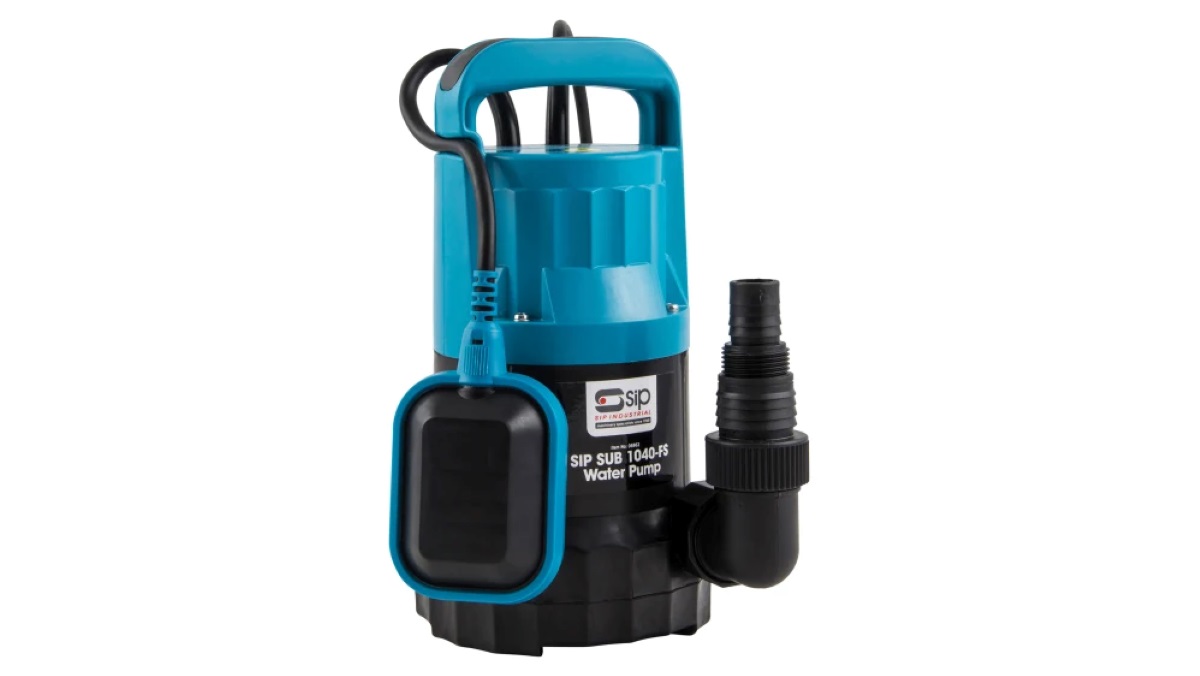
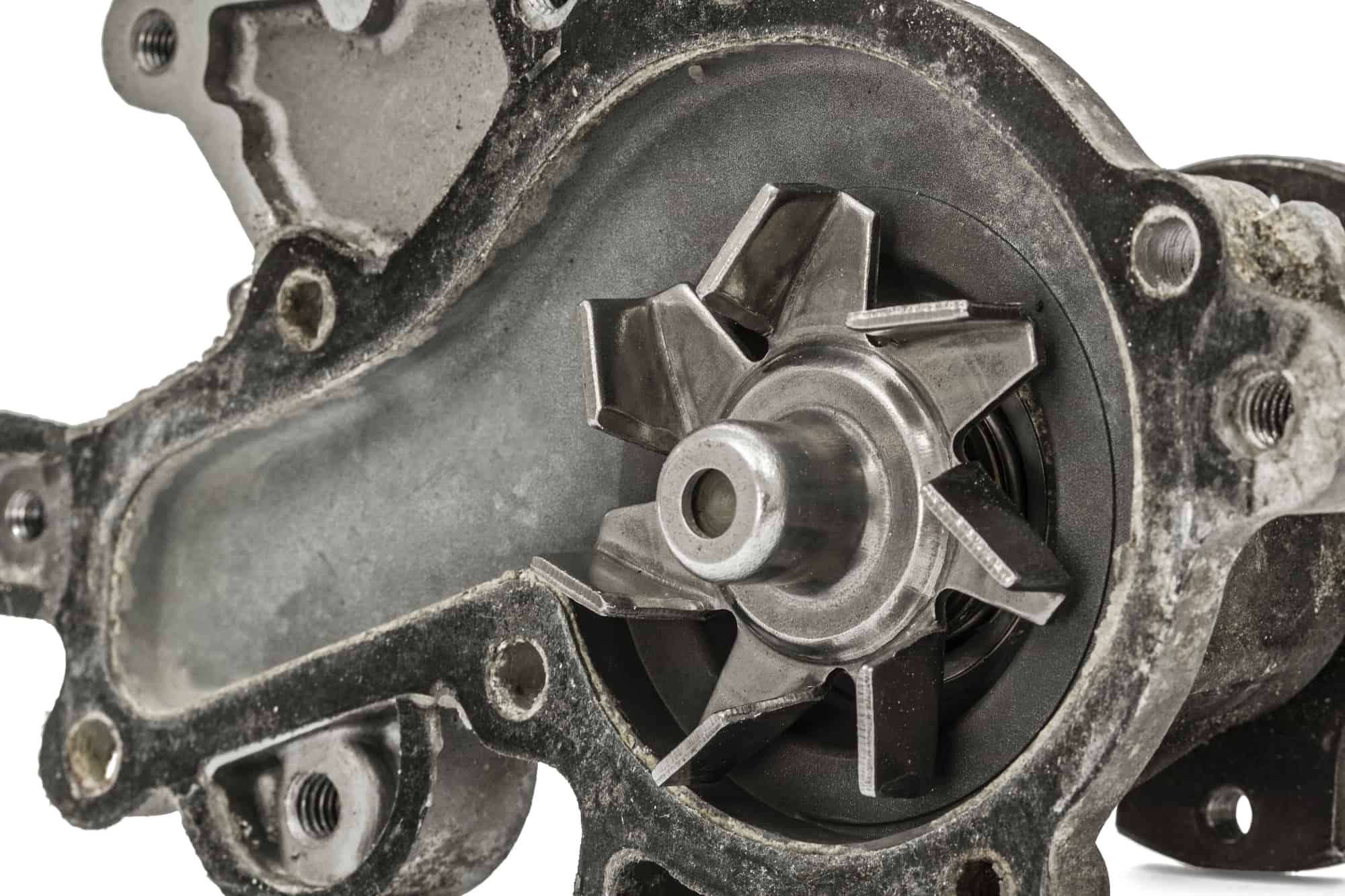
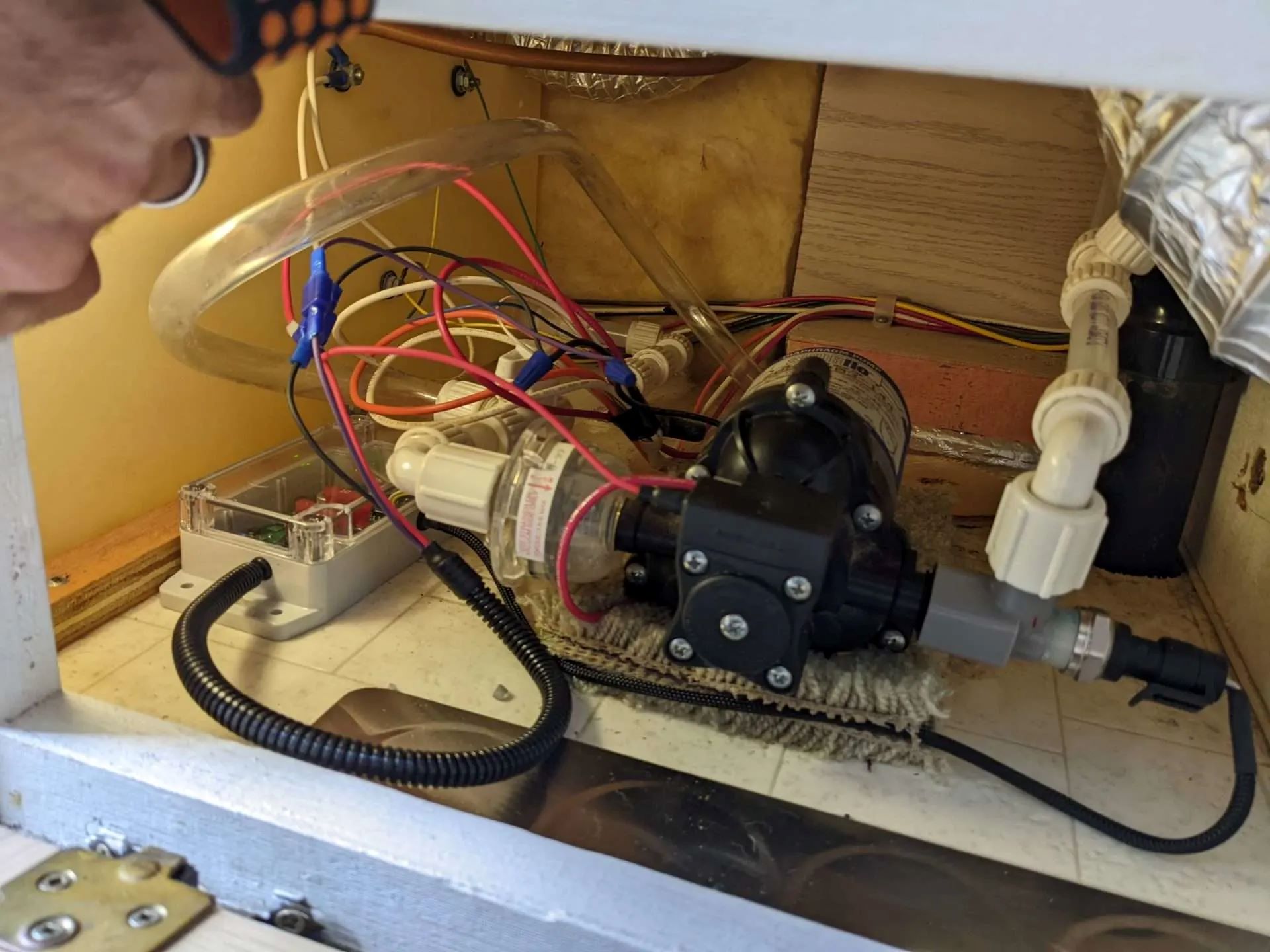
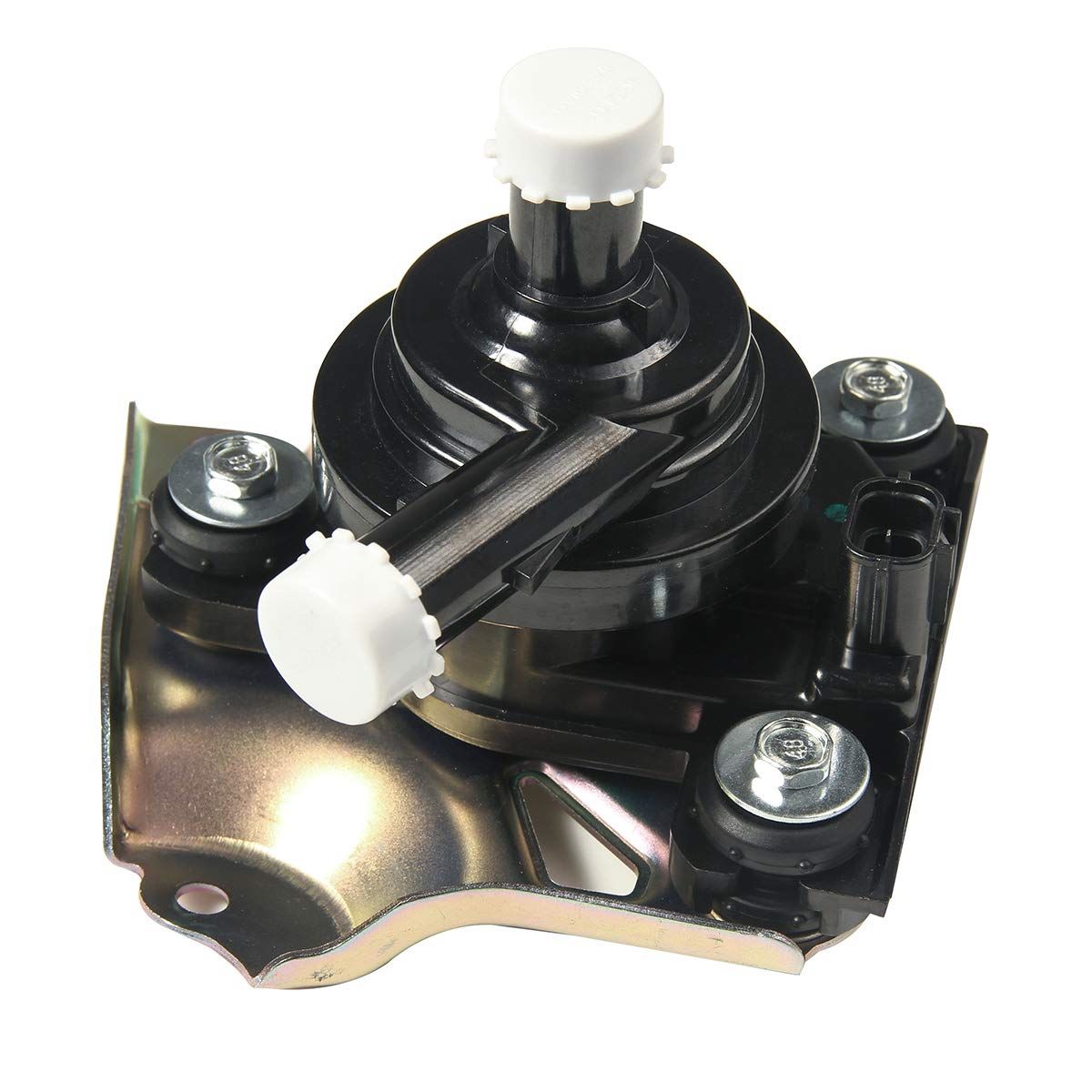
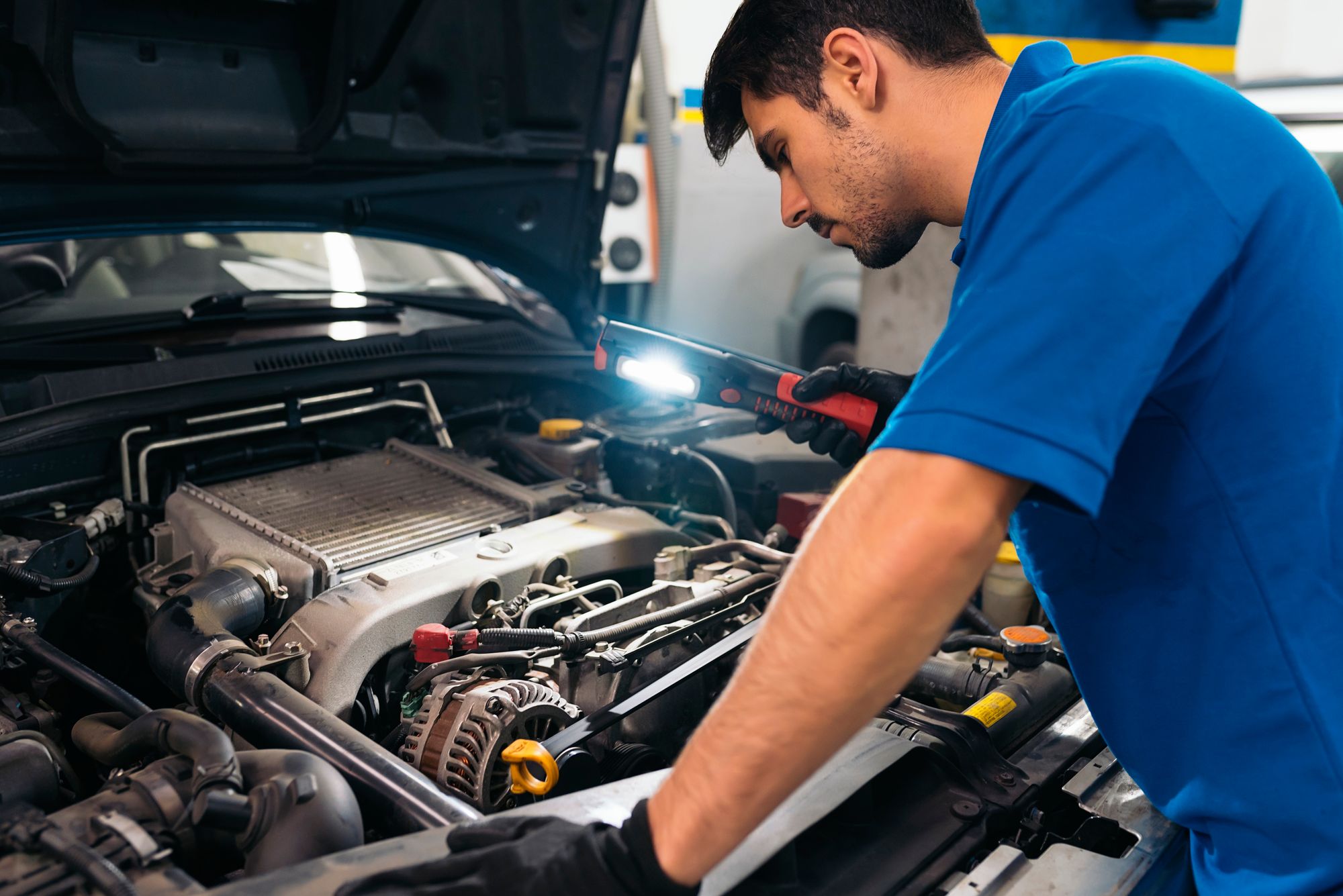
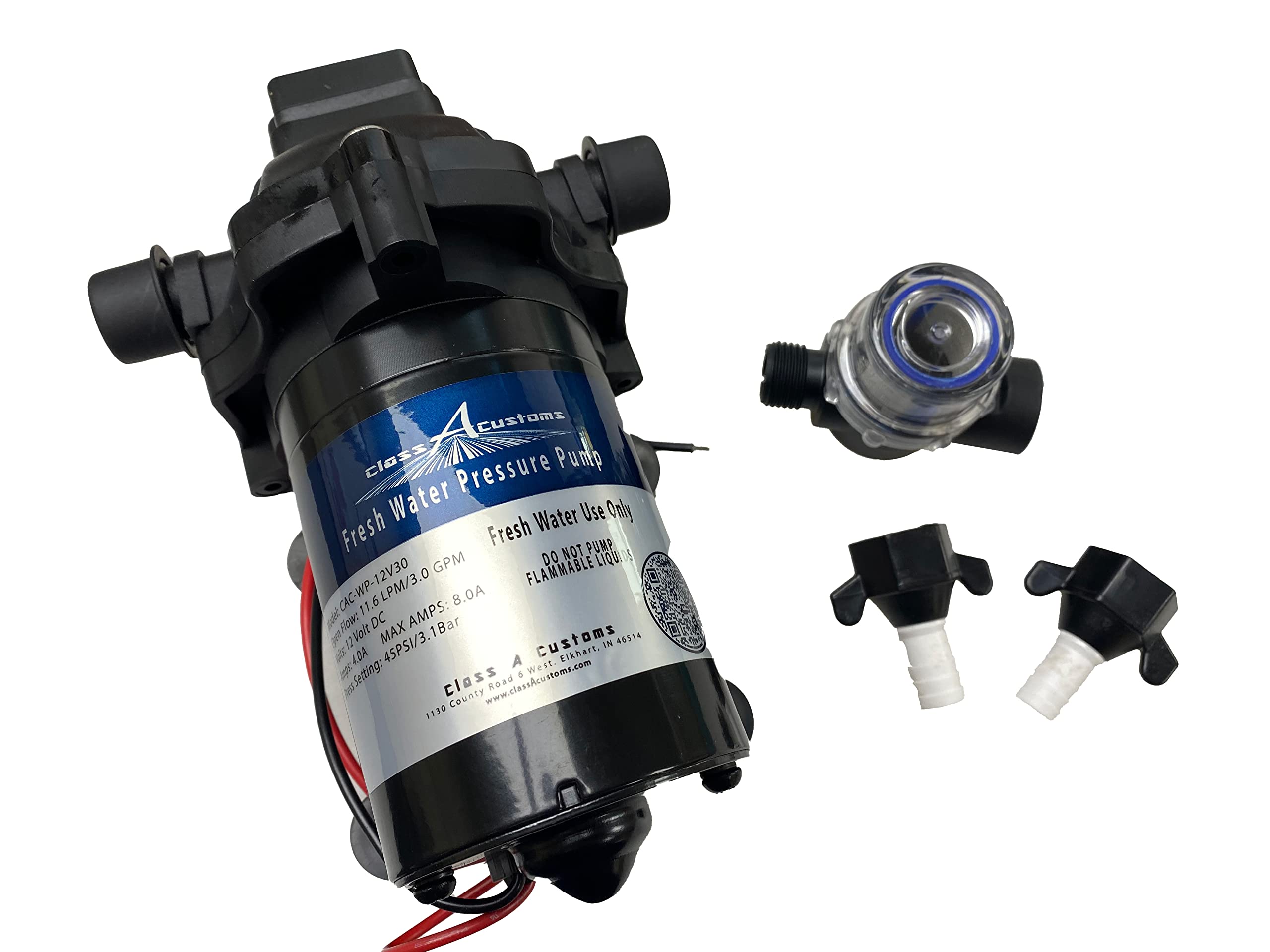
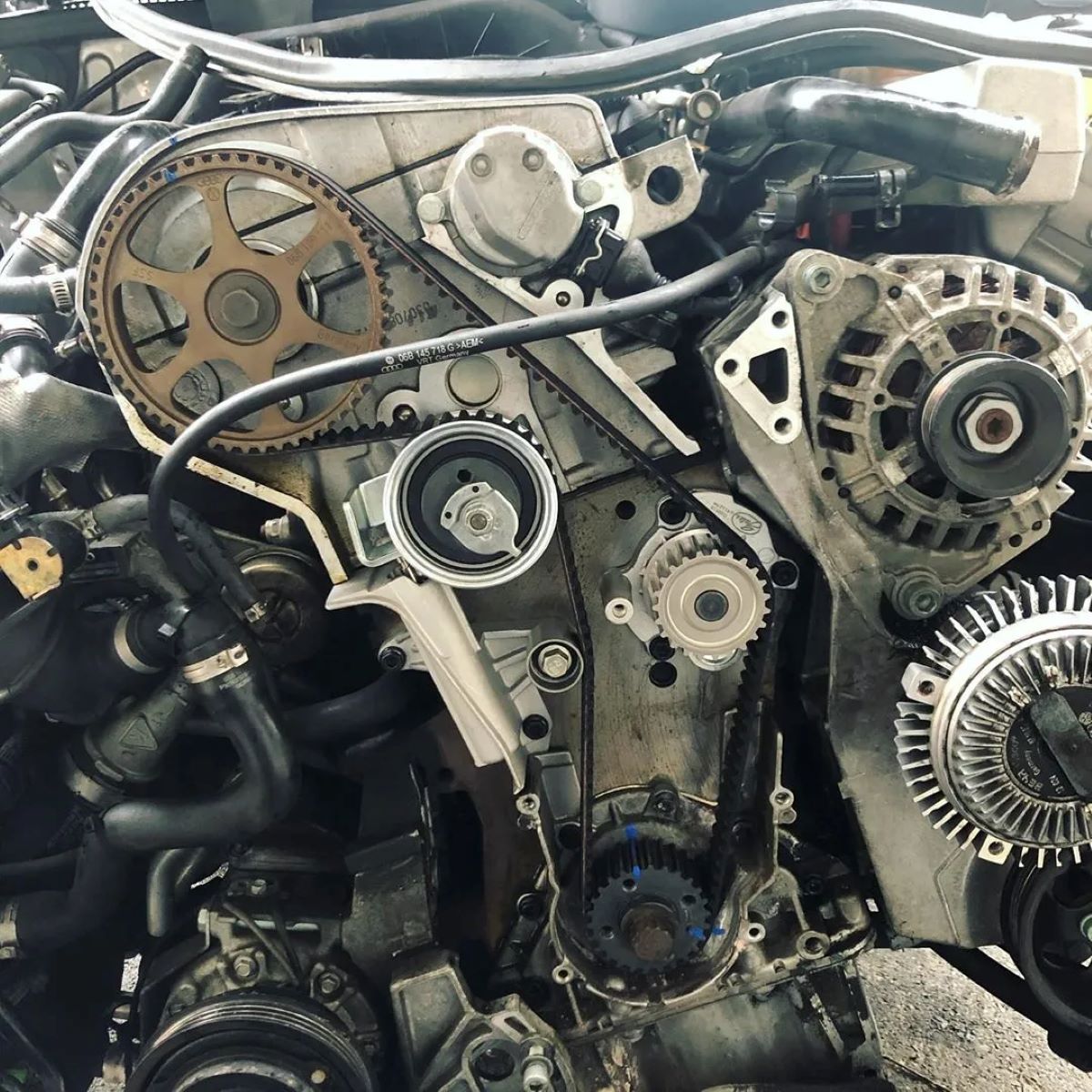
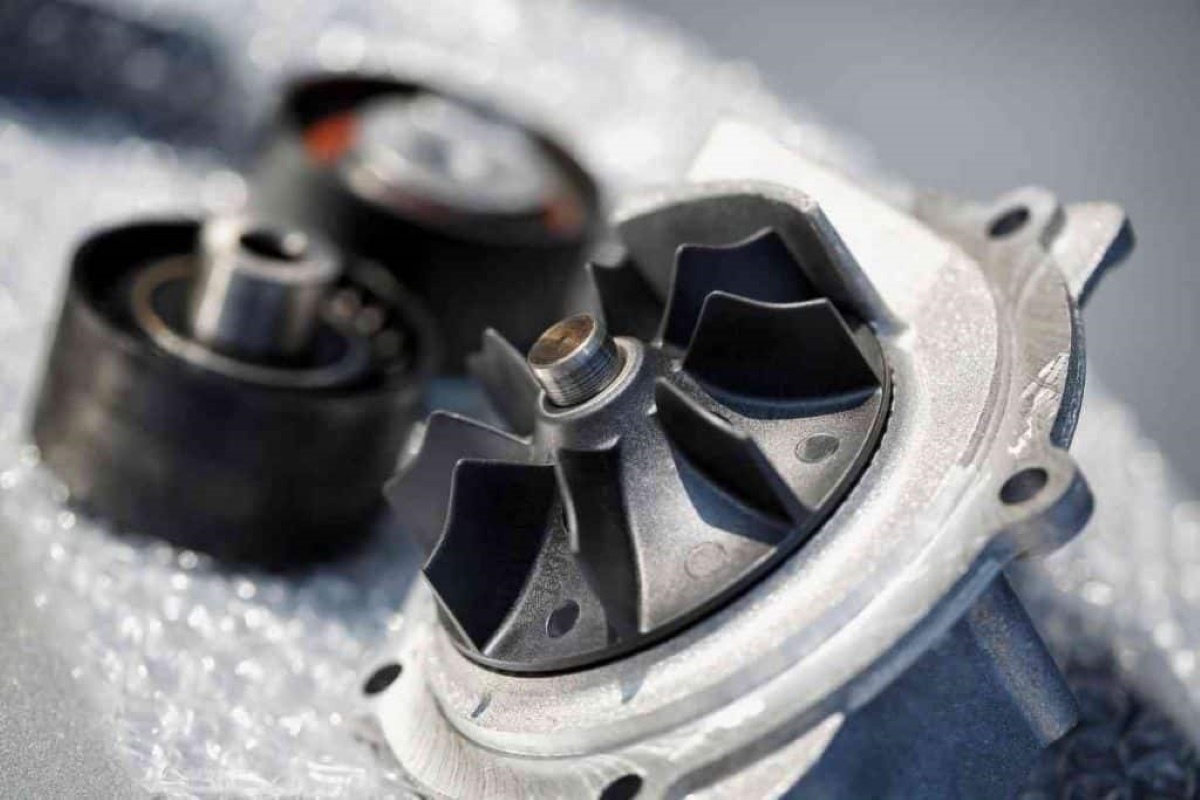
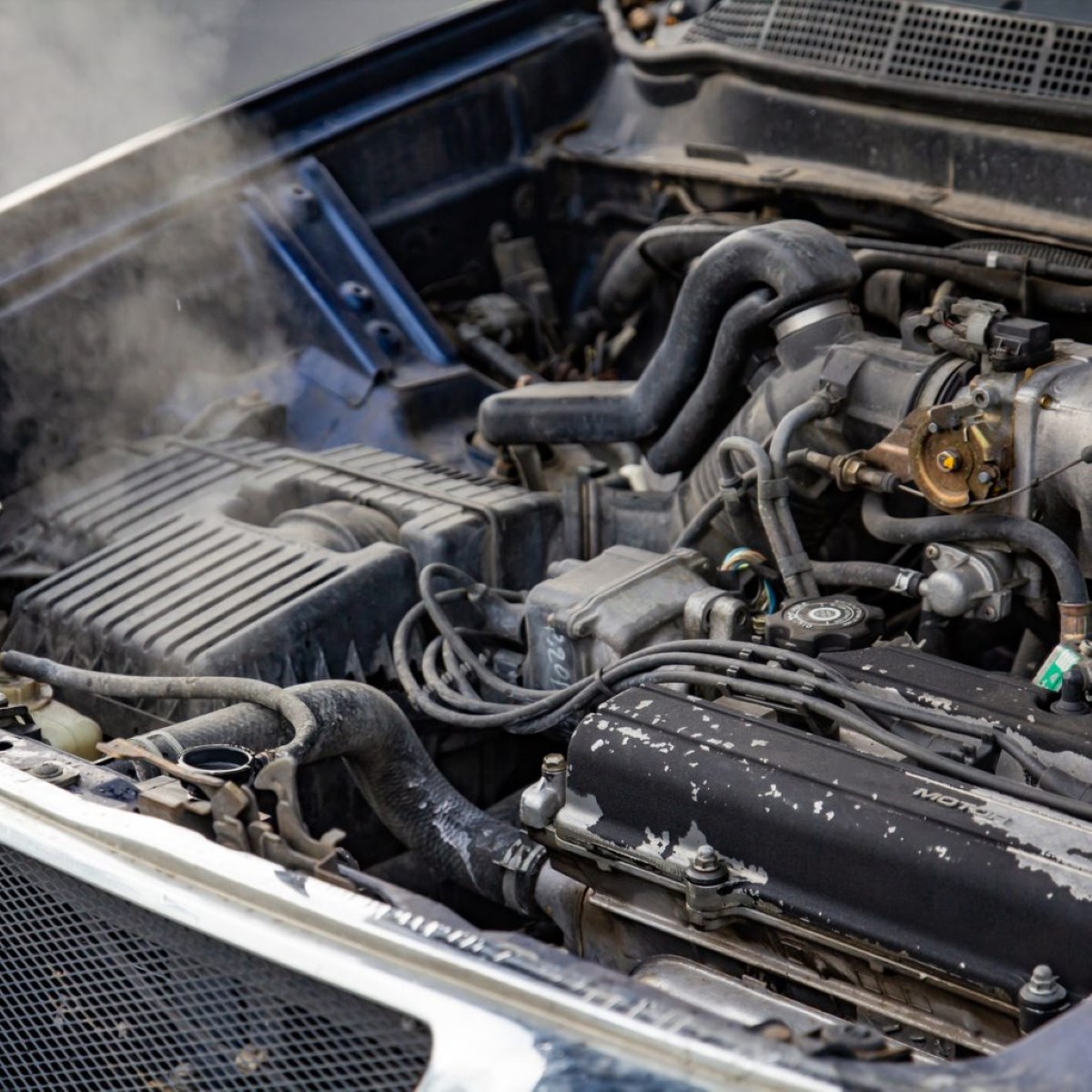
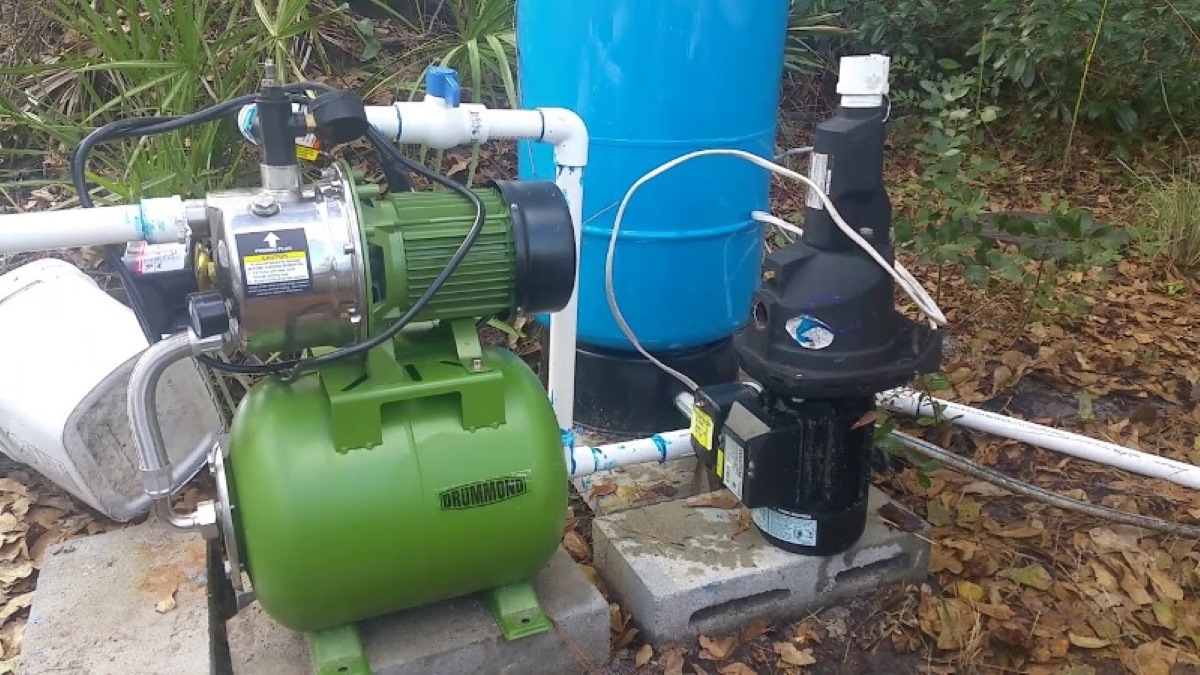
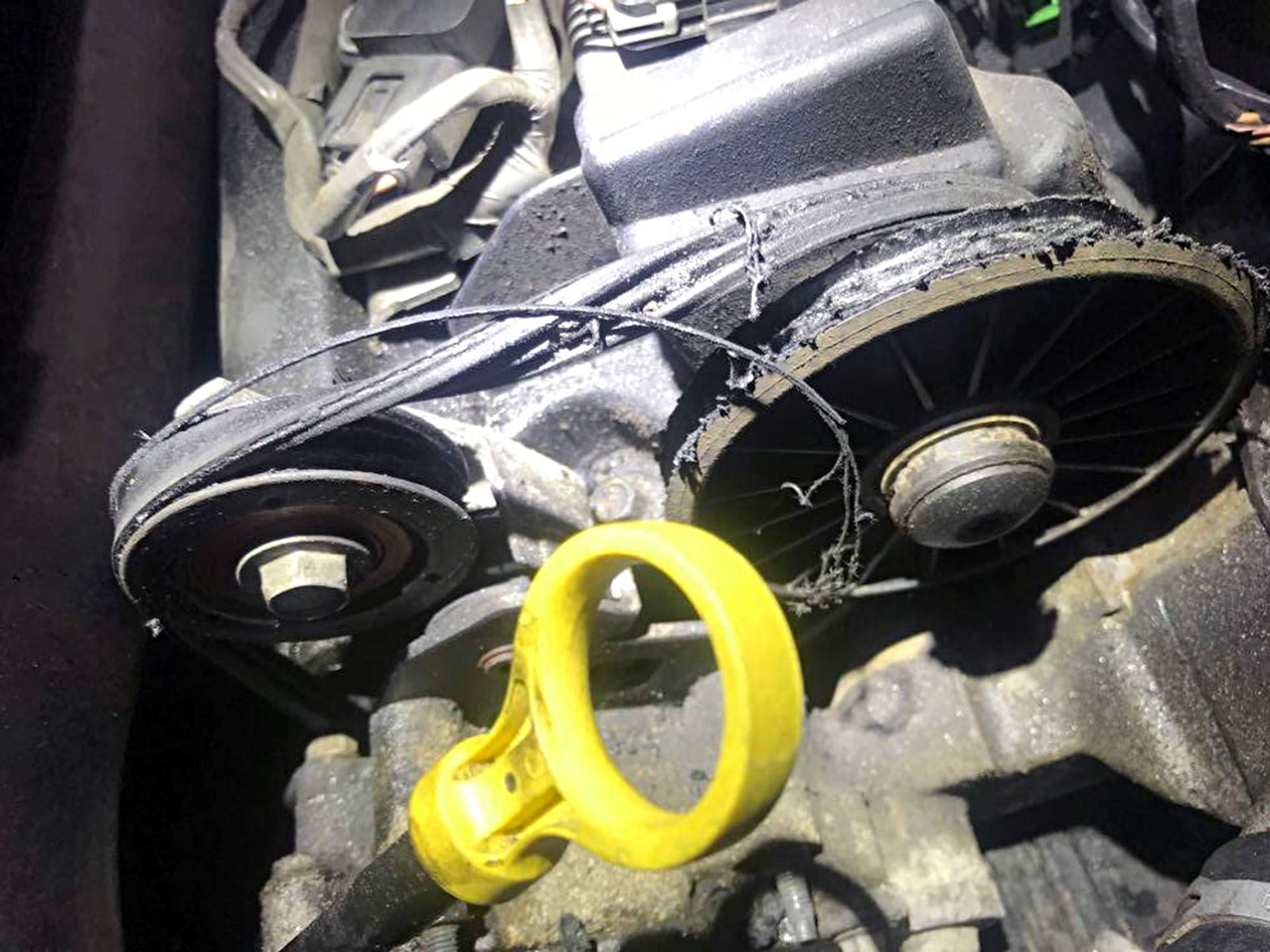

0 thoughts on “Does Rv Water Pump Need To Be On When Connected To City Water”